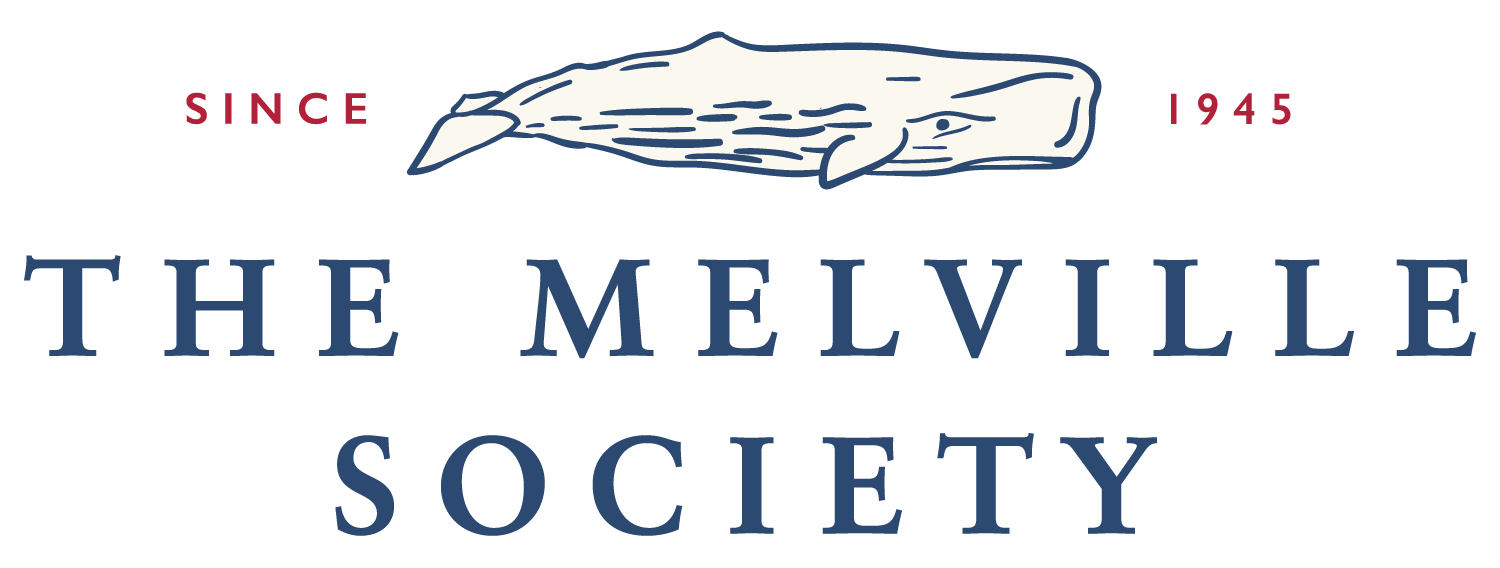Call For Papers: Melville Society Panels at the 2025 American Literature Association Conference
The Melville Society is sponsoring two panels at the 2025 American Literature Association Conference, which will be held in Boston, MA, May 21st-24th, 2025.
Submission guidelines for each panel’s call are below.
Both panels have a submission deadline of December 15th, 2025.
Melvillean Pedagogies
In keeping with Ishmael’s famous pronouncement that whaleships can offer a rival to the Ivy League, Melville’s work often motivates the extension, or redefinition, of the traditional classroom. But more than simply leaving the physical classroom behind, Melville’s work stimulates contact with texts and authors across temporal boundaries and geographic expanses.
This panel considers what might be called Melvillean pedagogies, our own and those of Melville himself. What is the relationship between Melville’s singular aesthetic and political vision and the unconventional pedagogies he inspires? To what extent does Melville’s work demand alternative, even outlandish, approaches to the usual repertoire of classroom activities and assignments? And what pedagogical strategies have worked to convey the weirdness and perpetual relevance of texts that might feel narrow or antiquated to some students? How do we teach an encyclopedic book like Moby-Dick in the constraining structures of the academic schedule or in online or asynchronous contexts? Has the arrival of generative AI challenged existing ways of engaging students with Melville’s work and/or prompted new assignments that de-center originality and individualism?
Please submit a 250-word abstract and 100-word professional bio to Sari Edelstein (sari.edelstein@umb.edu) by December 15, 2025.
Agonistic Melville
In Moby-Dick Melville created one of the most famous literary animosities—at least on one side—in his depiction of Captain Ahab and the white whale. Such violent hostilities and spiritual rivalries populate the rest of his writing as well: Pierre and Glen Stanley, the unnamed lawyer and Bartleby, Benito Cereno and Babo, and Billy Budd and John Claggart, among others. In short, combative relationships and feelings suffuse Melville’s writing. This panel invites submissions that consider the function of agonism for Melville, expanding on the political theorist Chantal Mouffe’s elaboration of agonism as a rejection of deliberative and rationalistic frameworks of connection. Instead, for Mouffe, recognizing the ineradicable nature of argument and embracing radicalizing passions can promote democratic designs. To that end, how do Melville’s own agonistic interests help us understand his perceptions of literary character, American society, political relations, and the functioning of democracy? Does Melville critique conciliation and compromise throughout his writings? What kinds of negative, confrontational affects does he find productive? Contributions to this panel may further consider Melville’s interest in a number of different topics: political divisiveness in the nineteenth century, the role of affect and antagonism in democratic practices of the period, critiques of liberal ideals of deliberation, depictions of religious extremism, and Melville’s relevance for discussions of contemporary political polarization.
Please submit an abstract between 250-300 words and a 1-page CV to Daniel Diez Couch at daniel.couch@afacademy.af.edu by December 15, 2024.
For more details on the American Literature Association Conference, see https://americanliteratureassociation.org/ala-conferences/ala-annual-conference/
